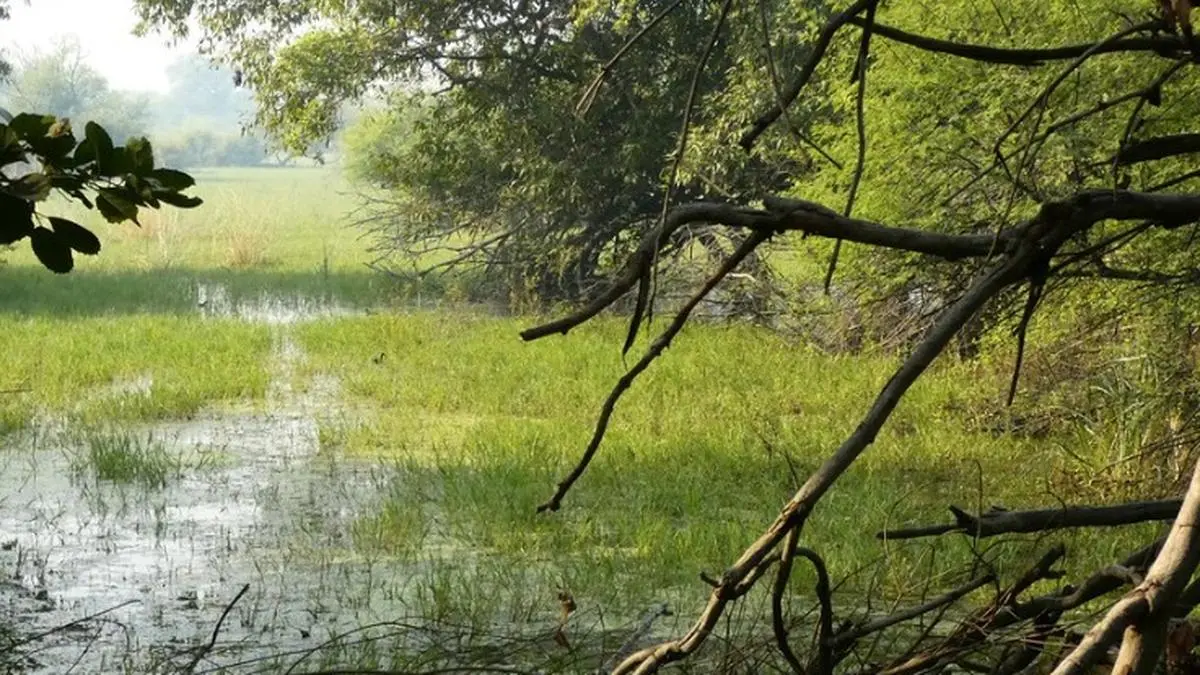New Delhi, India – India has taken a significant step towards addressing climate change with the launch of its first-ever teal carbon study. This groundbreaking initiative, conducted at Keoladeo National Park in Rajasthan, aims to quantify the carbon storage potential of freshwater wetlands and explore their role in climate adaptation and resilience.
Teal carbon refers to the carbon stored in non-tidal freshwater wetlands, including vegetation, microbial biomass, and dissolved and particulate organic matter. These ecosystems play a vital role in mitigating climate change by capturing and storing carbon dioxide from the atmosphere.
The study at Keoladeo National Park is expected to provide valuable data on the amount of carbon sequestered in Indian wetlands, helping to understand their contribution to climate mitigation efforts. Additionally, the research will explore the potential of wetland conservation and restoration for enhancing climate resilience.
“Wetlands are often overlooked in climate discussions, but they are crucial for both carbon sequestration and climate adaptation. “By understanding the carbon storage potential of these ecosystems, we can develop effective strategies to protect and restore them for the benefit of both humans and the environment.”
The study is part of a broader effort by the Indian government to address the challenges of climate change, which include rising temperatures, extreme weather events, and sea-level rise. By promoting wetland conservation and restoration, India can harness the natural power of these ecosystems to build a more resilient and sustainable future.
